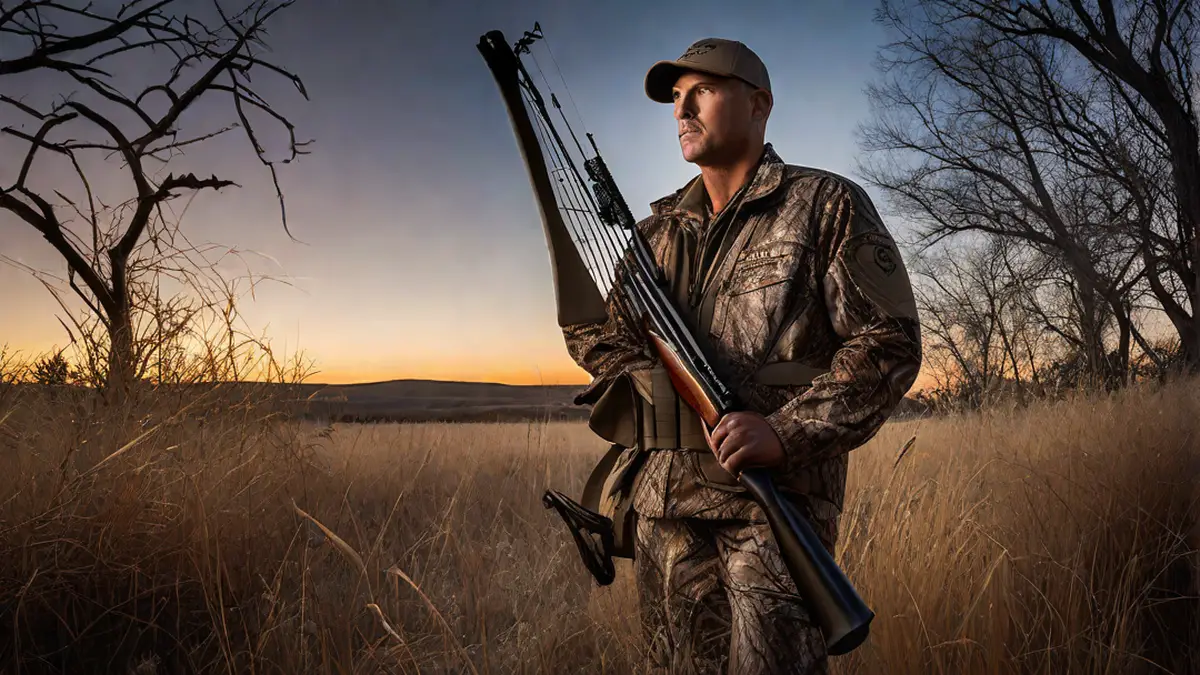As an avid outdoor enthusiast, I understand the importance of hunting for many people. It’s a way to connect with nature, provide sustenance for oneself and their family, and experience the thrill of the hunt. However, hunting regulations and requirements vary from state to state, and one common question that arises is whether a convicted felon can obtain a bow hunting license. Let’s delve into this topic and explore the possibilities.
Before we begin, it’s essential to note that I’m not a legal expert, and the regulations mentioned in this article may change or differ depending on your location. It’s always crucial to consult with your state’s Fish and Wildlife Department or a legal professional for the most accurate and up-to-date information.
Understanding Felony Convictions and Hunting Regulations
The first step in answering this question is to understand how felony convictions can affect someone’s ability to obtain a hunting license. In many states, felony convictions result in the loss of certain rights, including firearms ownership. However, when it comes to bow hunting, the regulations can vary.
Some states differentiate between firearms hunting and bow hunting, treating them as separate activities. This means that even if someone is prohibited from owning or using a firearm due to a felony conviction, they may still have the opportunity to pursue bow hunting.
On the other hand, some states have more stringent regulations and may treat all forms of hunting, including bow hunting, as under the same umbrella. In such cases, a felony conviction could potentially disqualify an individual from obtaining any type of hunting license, including bow hunting licenses.
Researching State-Specific Regulations
Due to the varying regulations across different states, it’s crucial to research the specific guidelines and regulations of your state to determine whether a felon can obtain a bow hunting license. The best way to gather accurate information is by visiting your state’s Fish and Wildlife Department website or contacting them directly.
When contacting the Fish and Wildlife Department, be prepared to provide specific details about the felony conviction, including the nature of the offense and the length of time since the conviction. Some states may consider mitigating factors such as rehabilitation, clean record since the conviction, and completion of probation or parole when making their decision.
It’s important to approach this process with honesty and transparency. Providing accurate information about your convictions and demonstrating a genuine interest in wildlife conservation and responsible hunting practices may potentially increase your chances of obtaining a bow hunting license.
Exploring Other Outdoor Activities
If obtaining a bow hunting license proves to be challenging due to a felony conviction, it’s important to remember that there are still many other outdoor activities you can enjoy. Fishing, hiking, camping, and wildlife photography are just a few examples of activities that allow you to connect with nature and experience the beauty of the great outdoors.
Engaging in these activities can provide a sense of fulfillment, relaxation, and a deeper appreciation for the natural world. Plus, they offer an opportunity to develop new skills, cultivate patience, and create lasting memories in the wilderness.
Conclusion
In conclusion, the ability for a felon to obtain a bow hunting license depends on the specific regulations of their state. It’s essential to research the guidelines thoroughly and consult with the appropriate authorities to determine the eligibility criteria.
While the regulations can be stringent, it’s important to explore alternative outdoor activities that can provide a similar sense of adventure and connection with nature. Remember, the great outdoors has something to offer for everyone, regardless of their past.
